There has been an immediate and overwhelming amount of solidarity visible in Amsterdam concerning the war in Ukraine. This solidarity is heartwarming for some and questionable for others. When we look at all conflicts of the past decades, why does this war cultivate this visible solidarity? This question is more specifically relevant to individuals in the art and culture sector originating from non-western conflict areas, representing a significant part of this sector in Amsterdam. How are they affected by this immediate response? To develop a relevant response and an inclusive and appropriate one takes self-reflection and dialogue with the ones who carry the war within their identities. In Mapping Necessities, we focus on the needs of artists originating from a (post)conflict place, and reflect on previous best practices from cultural organisations that have played into such needs.
All episodes are narrated in English, moderated by Sahar Shirzad.
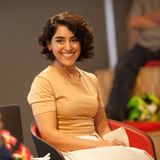
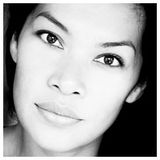
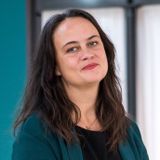
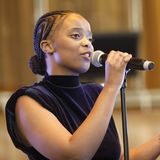
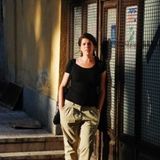
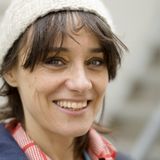
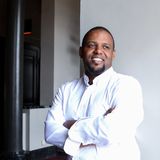
This spring, we will be looking for answers to these questions together in a triptych of episodes at Pakhuis de Zwijger. We will make an inventory of what is needed and through holding conversations and panels, we will offer a meeting platform for anyone and everyone – from art and cultural institutions, to people with a refugee background – anyone who is interested, is welcome. Over the next few weeks, we will explore the following in three episodes.
Would you like to stay informed about this program via our newsletter? Then register here now!
What role do cultural institutions play in times of war; what shortcomings do we have and what are the best practices?
What are the needs of artists originating from a (post) conflict place and how can organisations provide in these needs?
We will start with a conversation about how we identify ourselves through told stories and how that affects our solidarity. A conversation will take place between maker Lisette Ma Neza and writer Karin Amatmoekrim based on her last written piece. They will discuss the necessity of self recognition in refugees as a (faulty) fundament for solidarity. There will be poetry continuing on the topic of identity and refugee status. Following up the conversation, a dialogue will be led interacting with the audience and a panel. The panel will share experiences from people in the art and culture sector who have experience in working together with and creating space for persons originating from a (post) conflict place. Speakers reflect on the lessons they’ve learned from these practices.
How do we look back on our own actions, what lessons have we learned from the two previous programs and how can we make our role more relevant?

Stel je voor: vluchtelingen aan de Europese grens worden niet meer met geweld teruggeduwd, maar opgepikt door reddingsbrigades. Mensonterende vluchtelingenkampen verdwijnen en ook als je uit een ‘veilig land’ komt ben je welkom. Jurist Sahar Shirzad droomt van een wereld waarin Europa’s solidariteit niet eindigt bij mensen die Oekraïne ontvluchten.
An article about the double standards towards refugees by Sahar Shirzad.

In een oorlog sneuvelt de waarheid als eerste. Dat zien we nu in Oekraïne, dat zagen we ook in de broederstrijd op de Balkan dertig jaar geleden, waar de Servische, Kroatische en Bosnische tv-stations ieder hun eigen verwrongen beeld gaven van de wrede vijand.





